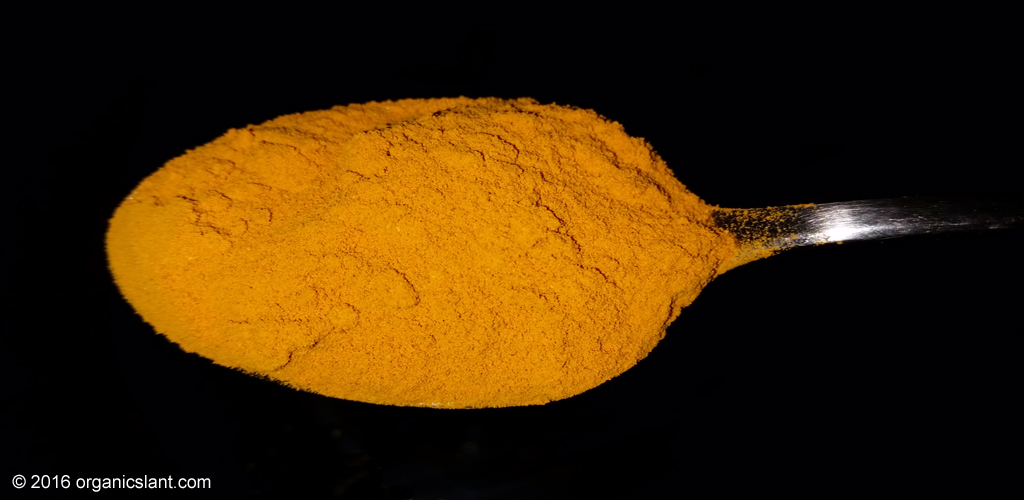Turmeric, a common Indian spice, may one day join the cancer treatment tool kit.
Researchers have found that a tiny oral dose of curcumin, a compound found in turmeric, cut breast cancer rates in rats by half. In another study, conducted by Anirban Maitra, M.D., a pathologist at Johns Hopkins, curcumin helped deter drug-resistant cancers. Prepared as minute particles for better absorption, a combination of curcumin and the chemotherapy drug doxorubicin not only shrank the tumors but also helped avoid the toxic side effects of doxorubicin on heart muscles.
Compared with the United States, most cancer rates are lower in India, where people have been eating turmeric for centuries, says Saraswati Sukumar, Ph.D., co-director of the Breast Cancer Program at Johns Hopkins. Johns Hopkins researchers sought to affirm the dietary link.
“There must be a correlation,” she says. “Nevertheless, the amount of turmeric we add to food is very low, a teaspoon for the whole family.”
“The problem with the pill is that it is very insoluble in water,” said Dr. Sukumar. “The better way to take it, I feel, is to use it in your cooking very extensively. If you have any sauté, just sprinkle it in. The moment you heat oil and add turmeric to it, it now becomes completely bio-available to you.”
Sukumar would like her clinical colleagues to conduct human trials to confirm the tumor-shrinking effect among people undergoing general chemotherapy and then follow up with a study on turmeric and cancer prevention among the general population.
Listen to a podcast of Sukumar discussing her work with turmeric.

 Shocking Glyphosate Levels in Popular Bread: Florida’s Eye-Opening Food Testing Report
Shocking Glyphosate Levels in Popular Bread: Florida’s Eye-Opening Food Testing Report Spray Foam Insulation: Energy Hero or Cancer Culprit?
Spray Foam Insulation: Energy Hero or Cancer Culprit? Lead in Your Golden Spice: Why Conventional Turmeric Carries Higher Risks Than Organic (And How to Choose Safer Options)
Lead in Your Golden Spice: Why Conventional Turmeric Carries Higher Risks Than Organic (And How to Choose Safer Options) Warding off superbugs with a pinch of turmeric
Warding off superbugs with a pinch of turmeric